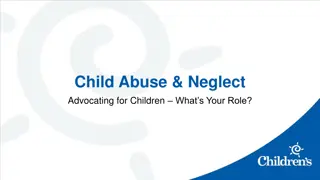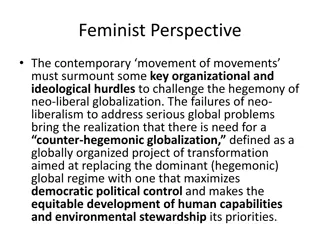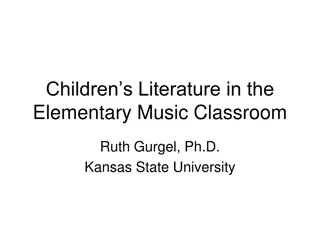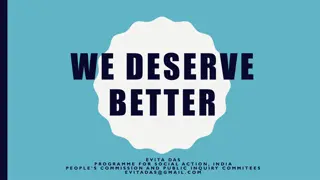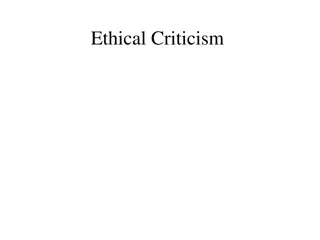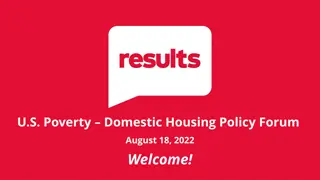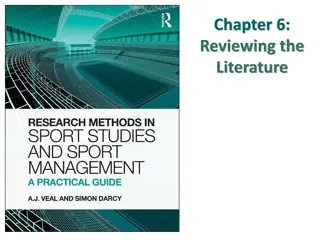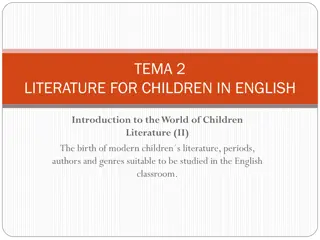Understanding Book Challenges: Unveiling the Reasons & Advocating for Diverse Literature
Delve into the complexities of book challenges and bans, exploring the significance of diverse literature. Discover the impact of societal issues like COVID-19 and misconceptions surrounding library roles. Unveil the principles upheld by the American Library Association and the mission of We Need Diverse Books in fostering inclusive storytelling. Learn about the targeted books and themes sparking debates in today's literary landscape.
- Book Challenges
- Diversity in Literature
- American Library Association
- Diverse Books Advocacy
- Censorship
Download Presentation

Please find below an Image/Link to download the presentation.
The content on the website is provided AS IS for your information and personal use only. It may not be sold, licensed, or shared on other websites without obtaining consent from the author. Download presentation by click this link. If you encounter any issues during the download, it is possible that the publisher has removed the file from their server.
E N D
Presentation Transcript
Understanding Whats Really Behind Book Challenges and Bans
Important terminology Book Ban Book Challenge Parent s Rights Pornography Obscenity The MiIller Test
Why is this happening now? COVID/Masks We Need Diverse Books Misunderstanding of What Libraries Do Organized National Campaigns
The American Library Association affirms that all libraries are forums for information and ideas, and that the following basic policies should guide their services. I. Books and other library resources should be provided for the interest, information, and enlightenment of all people of the community the library serves. Materials should not be excluded because of the origin, background, or views of those contributing to their creation. II. Libraries should provide materials and information presenting all points of view on current and historical issues. Materials should not be proscribed or removed because of partisan or doctrinal disapproval. III. Libraries should challenge censorship in the fulfillment of their responsibility to provide information and enlightenment. IV. Libraries should cooperate with all persons and groups concerned with resisting abridgment of free expression and free access to ideas. V. A person s right to use a library should not be denied or abridged because of origin, age, background, or views. VI. Libraries which make exhibit spaces and meeting rooms available to the public they serve should make such facilities available on an equitable basis, regardless of the beliefs or affiliations of individuals or groups requesting their use. VII. All people, regardless of origin, age, background, or views, possess a right to privacy and confidentiality in their library use. Libraries should advocate for, educate about, and protect people s privacy, safeguarding all library use data, including personally identifiable information. Adopted June 19, 1939, by the ALA Council; amended October 14, 1944; June 18, 1948; February 2, 1961; June 27, 1967; January 23, 1980; January 29, 2019. Inclusion of age reaffirmed January 23, 1996. Library Bill of Rights
We Need Diverse Books Who We Are We Need Diverse Books non-profit that advocates essential changes in the publishing industry to produce and promote literature that reflects and honors the lives of all young people. is a 501(c)(3) Our Mission Putting more books featuring diverse characters into the hands of all readers. Our Vision A world where everyone can find themselves in the pages of a book. Our Definition of Diversity We recognize all diverse experiences, including (but not limited to) LGBTQIA+, Native, people of color, gender diversity, people with disabilities*, and ethnic, cultural, and religious minorities.
What books are being targeted? Books about LGBTQ+ issues and characters Books challenging the accepted history of marginalized groups Sex education books Books with any sexual content
Reading sexual content out of context at public library board, school board, state board of education meetings and at legislative hearings Hiding books or checking them out and not returning them Submitting lists of books to be removed Sponsoring legislation aimed at criminalizing teachers and librarians Database legislation Creating fear/chilling effect Tactics employed by groups trying to remove books
How advocates respond Libraries must follow and reiterate their policies Become familiar with library values, policies and practices Speak about your experiences at public meetings Follow suggestions on the Let Freedom Read sheet Write letters to the editor Support groups that support authors, librarians and educators Sign up for the One Click advocacy tool on the Nebraska Library Association website Have conversations with family and friends



